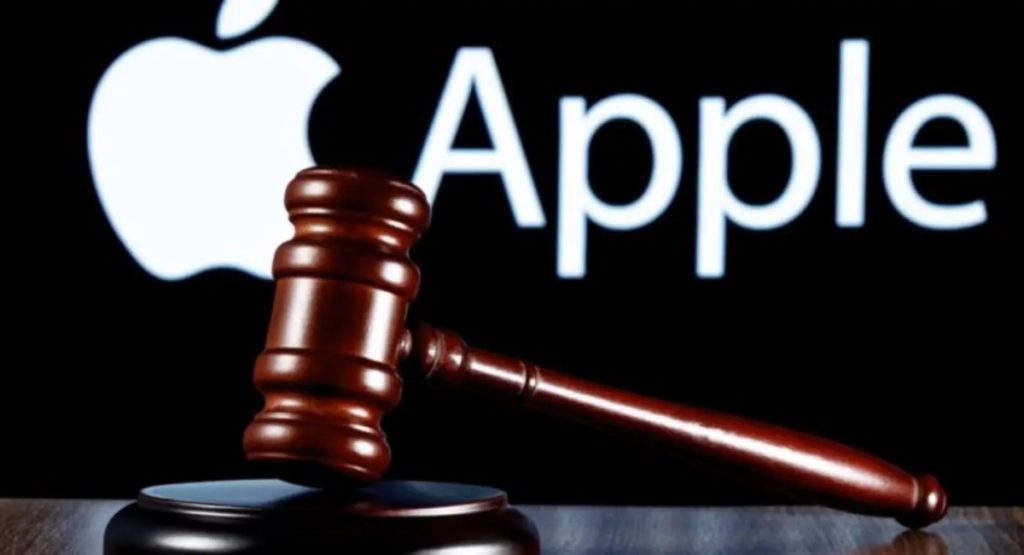Apple has told a federal judge that Quinn Emanuel Urquhart & Sullivan LLP and individual attorneys should be sanctioned for failing to act on “the most consequential email you can get from a client” during a Wednesday hearing in its trade secrets lawsuit against chip startup Rivos Inc., reports Bloomberg Law.
Quinn Emanuel countered that Apple is exaggerating the events surrounding defendant Wen Shih-Chieh’s deletion of a folder containing confidential Apple documents and argued the tech giant failed to prove that electronically stored information has been lost or can’t be replaced through alternate discovery. Magistrate Judge Nathanael Cousins of the US District Court of the Northern District of California said he will issue a recommendation on the motion for sanctions at a later date.
One of the attorneys at risk of sanctions is former Quinn Emanuel partner Stephen A. Swedlow, who left the firm last year after winning a seat as a judge in Illinois’ Cook County, reports Bloomberg Law.
Apple’s lawsuit — filed in May 2022 — says Mountain View, California-based Rivos has hired over 40 of its former employees in the past year to work on competing “system-on-chip” (SoC) technology, and that at least two former Apple engineers took gigabytes of confidential information with them to Rivos.
Apple’s lawsuit claims that, starting in June 2021, Rivos began a coordinated campaign to target Apple employees with access to the company’s proprietary and trade secret information about its SoC designs. Apple says it promptly sent Rivos a letter informing Rivos of the confidentiality obligations of Apple’s former employees, but the start-up never responded. Rivos’ website only describes the company as a “startup in stealth-mode” and advertises for full-time and internship positions.
Shih-Chieh deleted a zip file containing confidential Apple documents including code and modeling of hardware components a month after the lawsuit was filed, according to Apple’s August 30 motion. He said he transferred a new copy of the zip file back to his Rivos-issued laptop and told Quinn Emanuel counsel immediately after.
Quinn Emanuel knowingly submitted a false declaration from Shih-Chieh claiming he hadn’t accessed, used, transferred, or copied any Apple information since leaving, Mary Prendergast of Morrison & Foerster LLP said, arguing on behalf of Apple. Apple had to wait 10 months to discover this information, she added, calling the delay “extremely prejudicial.”
According to Bloomberg Law, Ryan Landes of Quinn Emanuel focused on the fact that Shih-Chieh restored the deleted file. Apple’s focus on the potential loss of metadata—which includes whether a file was opened or not—fails to acknowledge that “even if there was evidence of usage, even if the metadata that Apple says was lost, even if that existed in the first place and was lost, it could be replaced from other sources.”
Article provided with permission from AppleWorld.Today

